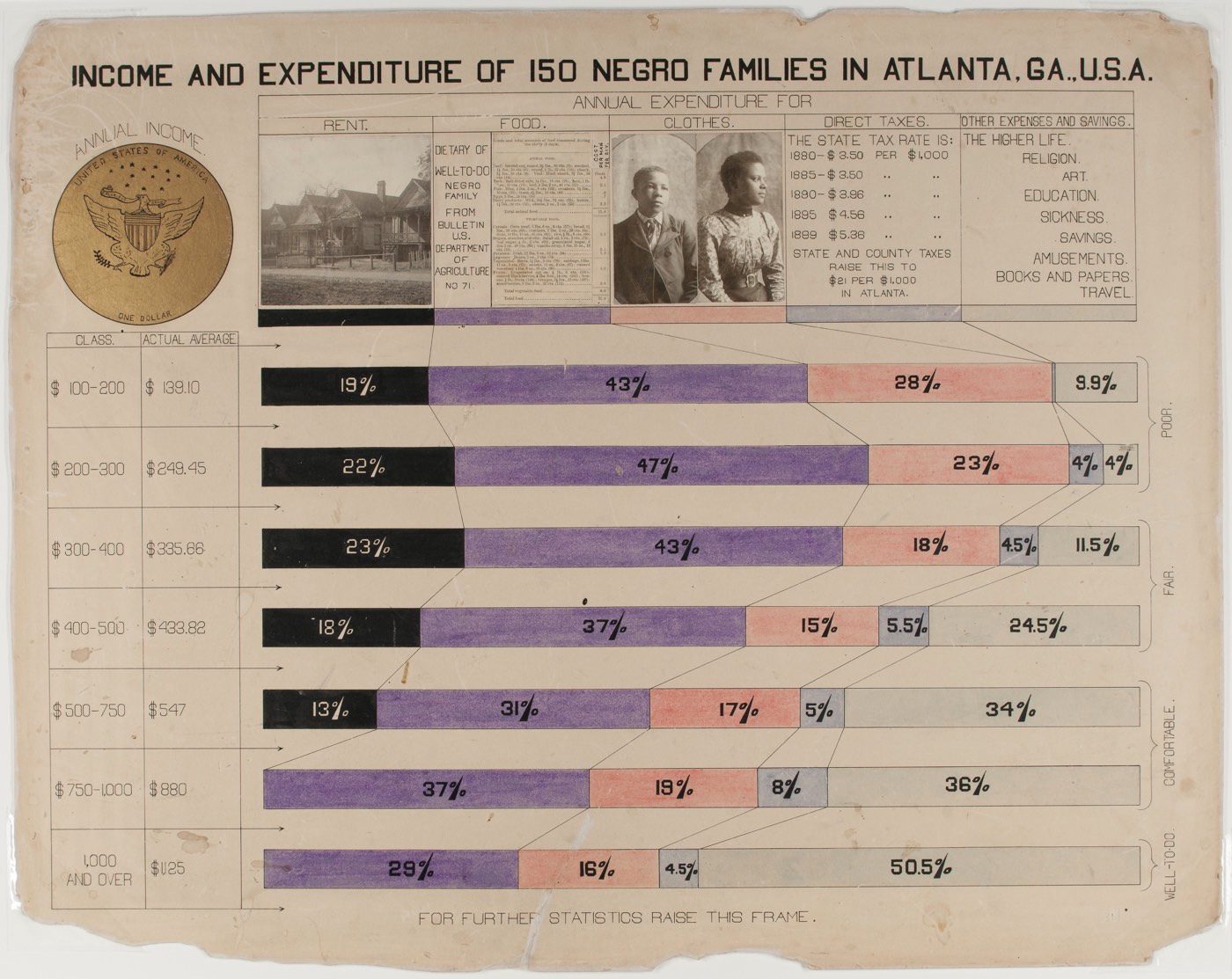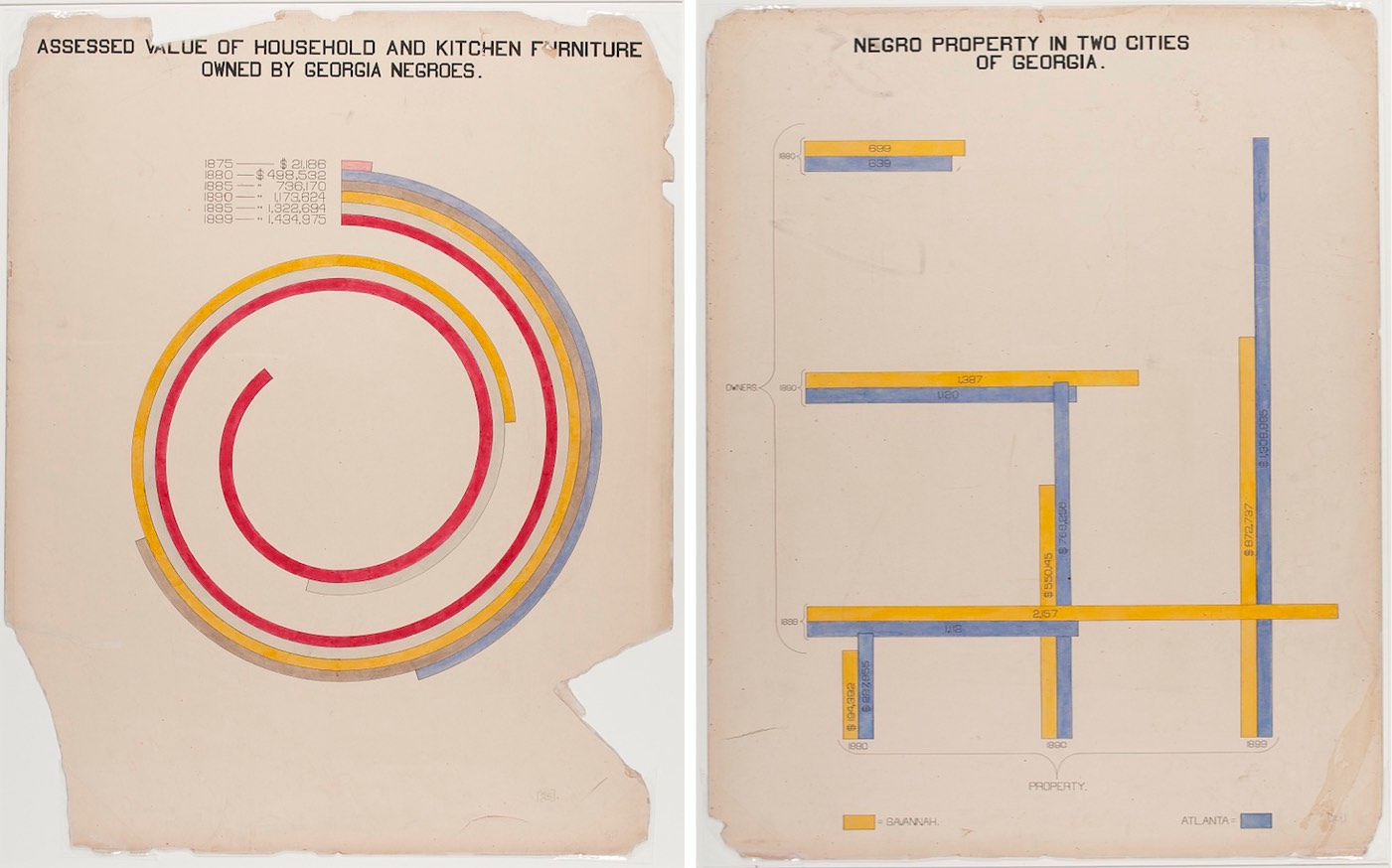

W.E.B. Du Bois was an American author, sociologist, historian, and activist. Apparently Du Bois was also a designer and design director of some talent as these hand-drawn infographics show.
White nationalists seem to have manipulated Google search results for ‘Boasian anthropology’
The Verge
Google’s algorithm appears to have been manipulated to deliver a racist, anti-Semitic top result on searches for the term “Boasian anthropology” — a reference to the work of Franz Boas, a German-American anthropologist whose theory of relativism .

You can learn about a culture by looking at iconic artwork or inspiring architecture — and also by examining seemingly mundane cultural products like dolls.
Dana Professor of Anthropology Loring Danforth makes that point when he teaches the course “Myth, Folklore, and Popular Culture.”

Two anthropology professors will lead a “Trump 101” class this spring quarter. Kaushik Sunder Rajan and William Mazzarella will use the 100-person lecture course to examine President Trump’s rise, using media, race, and gender as a lens for looking at the future of democracies.
International Conference on Agrarian Anthropology
The Hans India
Hyderabad: The Department of Anthropology, School of Social Sciences, University of Hyderabad (UoH) organised a two-day International Conference titled “Agrarian Anthropology: Insights and Pathways” on Thursday at the Auditorium, School of

Do people everywhere believe there is a true self – a moral true self, what is more? This is a question of obvious anthropological relevance. Most anthropologists, however, would question the basic assumptions of the hypothesis , not to mention its validity for many of the societies they have studied. After Marcel Mauss’s famous 1938 […]
By: Nadia El-Shaarawi
As a volunteer legal advocate working with refugees who were seeking resettlement, I learned to ask detailed questions about persecution. These were the kind of questions you would never ask in polite conversation: Who kidnapped your best friend? Were they wearing uniforms? What did those uniforms look like? Where did they hit you? Did you pay a ransom for her release? How did you identify her body? Questions like these, which refugees are asked over and over as part of the already extreme vetting that they undergo to be granted asylum and resettlement, are personal, intimate, painful. They demand a precise and consistent command of autobiographical detail and the strength to revisit events that one might otherwise want to forget. They try to get to the heart of what happened to a person, what forced them to leave everything behind.
From Jonathan Schroeder, Editor at Large, Consumption Markets & Culture Rochester Institute of Technology, New York
The “Marketplace Icons” section of Consumption Markets & Culture features over 20 short papers which discuss a basic aspect of the marketplace – something that we cannot imagine living without. The series is intended to provide concise, useful, thought-provoking reflections on a set of icons essential to consumption markets and/or culture. Recent topics include Gary Cross on collecting, Michelle Weinberger on gifts, Rohit Varman on curry, Daniel Miller on denim, and Orvar Löfgren on mess. They are freely available for a limited time
Why do you anthropology? The AAA is getting an early start to this year’sAnthropology Day celebration by spending our Valentine’s Day reflecting on why we fell in love with anthropology.
Read the anthropology love stories below from AAA President Alisse Waterston and our Executive Director Ed Liebow. Then share your own story with us in the comments!
Karl Polanyi (1886-1964) is difficult to summarize. A patriotic citizen of his native Hungary, he spoke German at home and identified with German intellectual culture. He was a Jew who converted to Christianity, as well as an Anglophile who was deeply impressed by the spiritual intensity of Russian culture. He witnessed Europe’s fin-de-siecle nervousness and survived two world wars, living in Hungary, Vienna, England, before finally taking a position at Columbia University just in time to witness the birth of the Cold War.
Judith Butler has written that “resistance is the mobilization of vulnerability,” arguing that precariousness animates action. This suggests that rather than a state of docile subjugation, vulnerability is a source of empowerment. A particularly revealing example of this relationship between power and vulnerability is evidenced in the current status of federal climate science data. This data is increasingly vulnerable, as it is now maintained by an administration that has openly disavowed its credibility. At the same time, its vulnerability is directly tied to the potential power it wields in upsetting the authority and legitimacy of this administration. The power and vulnerability of climate data are positively correlated.
The (Anthropological) Truth about Walls
Scientific American (blog)
From the Great Wall of China to Hadrian’s Wall to the New Amsterdam Wall on Wall Street to the Wall defended by Castle Black, walls have a long-standing place in history and pop culture to defend people. But they’re sites of complex interactions, too.
Horticultural Anthropology
First Things (blog)
David Smith and Susan Felch devote several pages of their Teaching and Christian Imagination (129-134) to a summary of John Amos Comenius’s seventeenth-century treatise on education, Great Didactic. Comenius starts where humanity starts, with Eden’s
Anthropologists could be key to improving farm safety
Hub City Times
MARSHFIELD — Before recommending safety behavior changes to farmers, their families, and their employees, health and safety professionals should first walk in the boots of those who produce our food, say leading anthropologists in the current issue of .

Michael Oman-Reagan just reminded me about an important open access project that’s been in the works for a while now: SocArXiv (thanks @OmanReagan!).
I believe @socarxiv has the potential to change the social sciences so much I just found and followed the whole steering committee #OnHere. https://t.co/Jbm4He0m12
— Michael Oman-Reagan (@OmanReagan) February 9, 2017
Discover more from Erkan's Field Diary
Subscribe to get the latest posts sent to your email.
